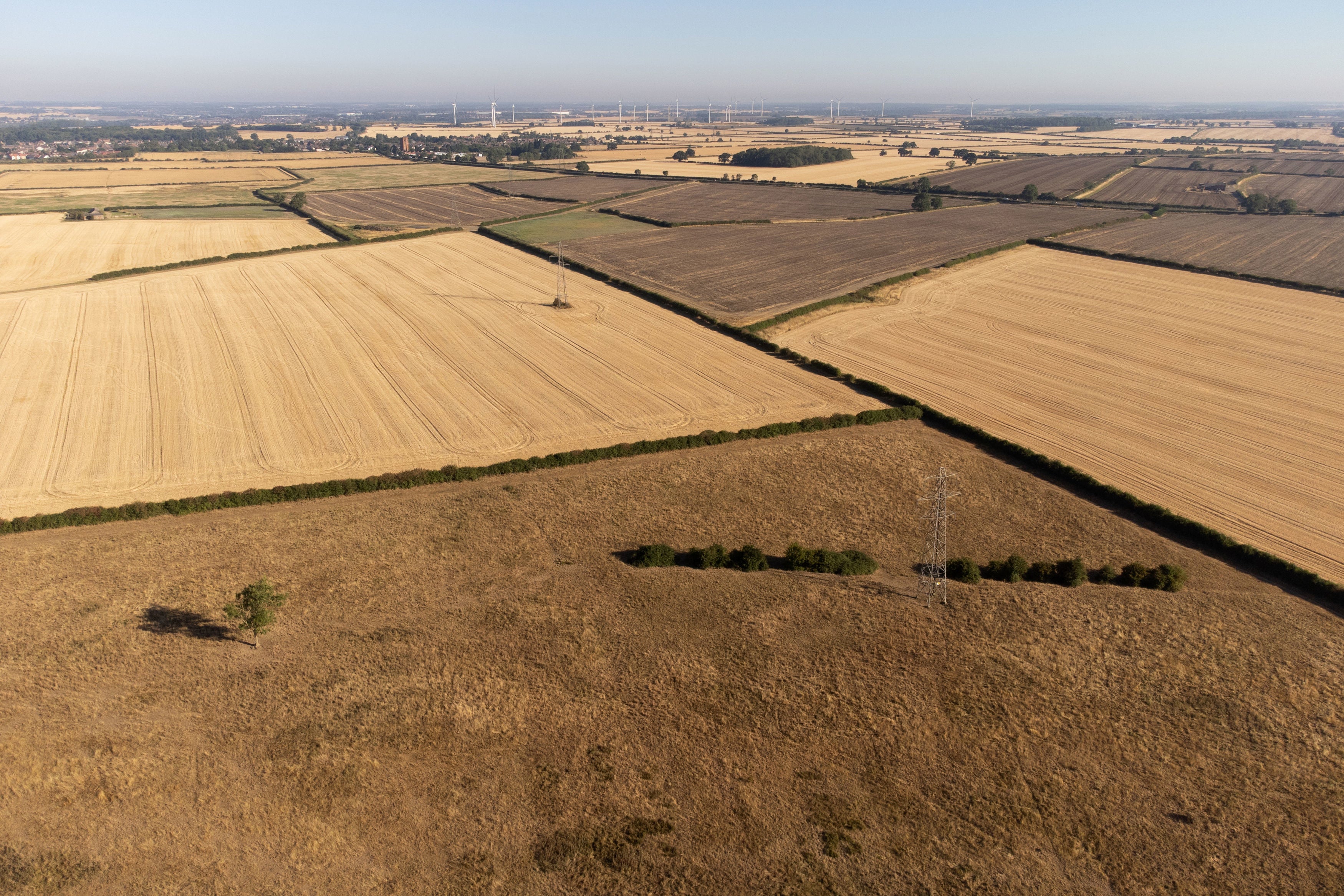What is a drought and what happens now it’s been declared?
England has had its driest start to the year since 1976 and the driest July since 1935

Your support helps us to tell the story
From reproductive rights to climate change to Big Tech, The Independent is on the ground when the story is developing. Whether it's investigating the financials of Elon Musk's pro-Trump PAC or producing our latest documentary, 'The A Word', which shines a light on the American women fighting for reproductive rights, we know how important it is to parse out the facts from the messaging.
At such a critical moment in US history, we need reporters on the ground. Your donation allows us to keep sending journalists to speak to both sides of the story.
The Independent is trusted by Americans across the entire political spectrum. And unlike many other quality news outlets, we choose not to lock Americans out of our reporting and analysis with paywalls. We believe quality journalism should be available to everyone, paid for by those who can afford it.
Your support makes all the difference.A drought has been declared in parts of England as the country swelters in a second major heatwave in weeks.
The National Drought Group met on Friday, bringing together officials from the government, water companies, Met Office and National Farmers Union among others, where the Environment Agency informed them that the threshold had been met to move parts of southwest, southern, central and eastern England into drought.
Droughts are declared for local areas, rather than nationally, and the Environment Agency is responsible for determining whether an area is officially considered to be in drought or not.
It is also responsible for protecting the environment during a drought and overseeing the actions water companies take to ensure the public supply of water.
Until Friday, most of England officially was in “prolonged dry weather” status – the first of the Environment Agency’s four stages of dry weather.
The next stage is drought, before severe drought and recovering drought.
What is a drought?
A drought occurs when a period of low rainfall creates a shortage of water, reducing water supplies to users.
England has had its driest start to the year since 1976 and the driest July since 1935. Millions of Britons are already subject to hosepipe bans and a village in Oxfordshire had to rely on tankers and bottled water when it ran out of water this week.
The triggers used to confirm the Environment Agency’s decision included looking at rainfall, river flows and groundwater levels, as well as the impacts these conditions had on the public water supply, extractors such as farmers, and the environment.
The possible impacts of drought include stress on public and private water supply sources, reduced agricultural yields, wildfires, and long-term harm to habitats and wildlife.
What happens when a drought is declared?
A declaration does not necessarily trigger specific government interventions and it does not legally oblige water companies to impose hosepipe bans.
But it means the Environment Agency and water companies will “step up their actions” to manage the impacts of the drought.
Water companies have drought plans that they will follow to manage the impacts of the drought. These are guided by local factors including reservoir levels, demand and weather forecasts.
These could see water companies impose more restrictions on non-essential domestic and commercial water use, including introducing hosepipe bans or reducing mains water pressure to slow down supply.
Water companies can also use drought permits or drought orders to take more water from rivers during the drought, or to restrict water use of other extractors, such as farmers.
Meanwhile, the Environment Agency’s main actions include processing and enforcing drought permits and orders, responding to fish and pollution incidents and introducing restrictions on canals and rivers where needed.
The Environment Agency has said “essential” water supplies, such as drinking water, are safe, and the government is urging water companies to continue with precautionary planning to protect essential supplies in the event of a dry autumn.
The government has called on the public and businesses to use water wisely, and on water companies to act to fix leaks as quickly as possible.


Join our commenting forum
Join thought-provoking conversations, follow other Independent readers and see their replies
Comments